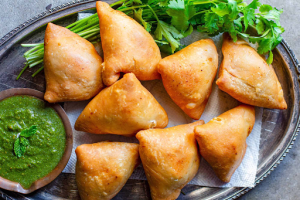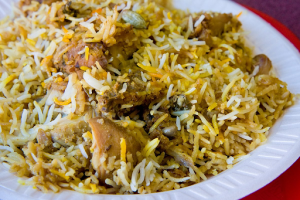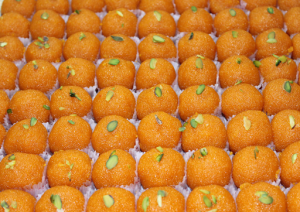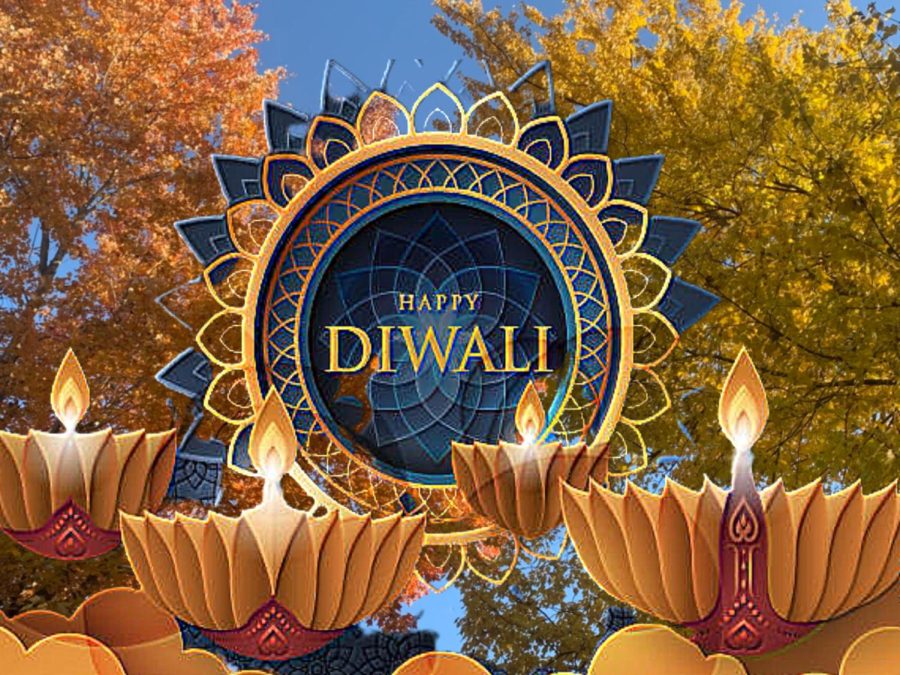Cultural Connections – Celebrating Diwali
You have probably heard about Diwali, one of the major Hindu festivals celebrated in November or October, this year beginning Thursday, November 4th. The dates vary depending on the Indian lunar calendar. The origins of Diwali can be traced to ancient times in India. The festival of light celebrates the victory of light over darkness and good over evil. However, you may not be aware of the variety of exotic foods that are eaten during the festival of lights. There is a wide selection of foods so each household may have different cuisines to celebrate Diwali.
Samosas (Appetizer)

Samosas are a timeless South Asian appetizer that is filled with potatoes, peas, onions, and occasionally meat such as chicken. The shapes for this pastry can vary from being triangular, half-moon shaped, or a cone. Samosas can be dipped with plenty of sauces such as Pudina chutney, Aam chutney, and Coconut chutney. The origins of samosas can be traced back to many regions, for instance, India, Sri Lanka, the Middle East, and Tamil Nadu. Some variations of samosas include Punjabi Samosa, Cheese Samosa, and Fish Samosa.
Hyderabadi Biryani (Dinner)

There are a variety of biryanis, including some made from meat and others made from basmati rice but one of the most popular selections in 2021 is Hyderabadi biryani. It originated from Hyderabad, India. The main ingredients in this recipe consist of spices, mint leaves, basmati, and garlic. Some variations of biryani include Kolkata biryani, Ambur biryani, and Dindigul biryani.
Laddu (Sweets)

Laddu is a very popular sweet in India that is eaten during Diwali and numerous other festivals. The sweet originated in Rajasthan and Uttar Pradesh it is round in shape and small in size. The main ingredients consist of flour, ghee, and sugar. The sweet sometimes includes chopped nuts or dried raisins. Laddu can be made out of different types of flour such as gram flour, and wheat semolina. There are many variations to Laddu such as Boondi laddu, Besan laddu, Coconut laddu, and Peda.
While you may not celebrate Diwali I hope this article gives you the inspiration to explore other aspects of this festival and the different cuisines!


